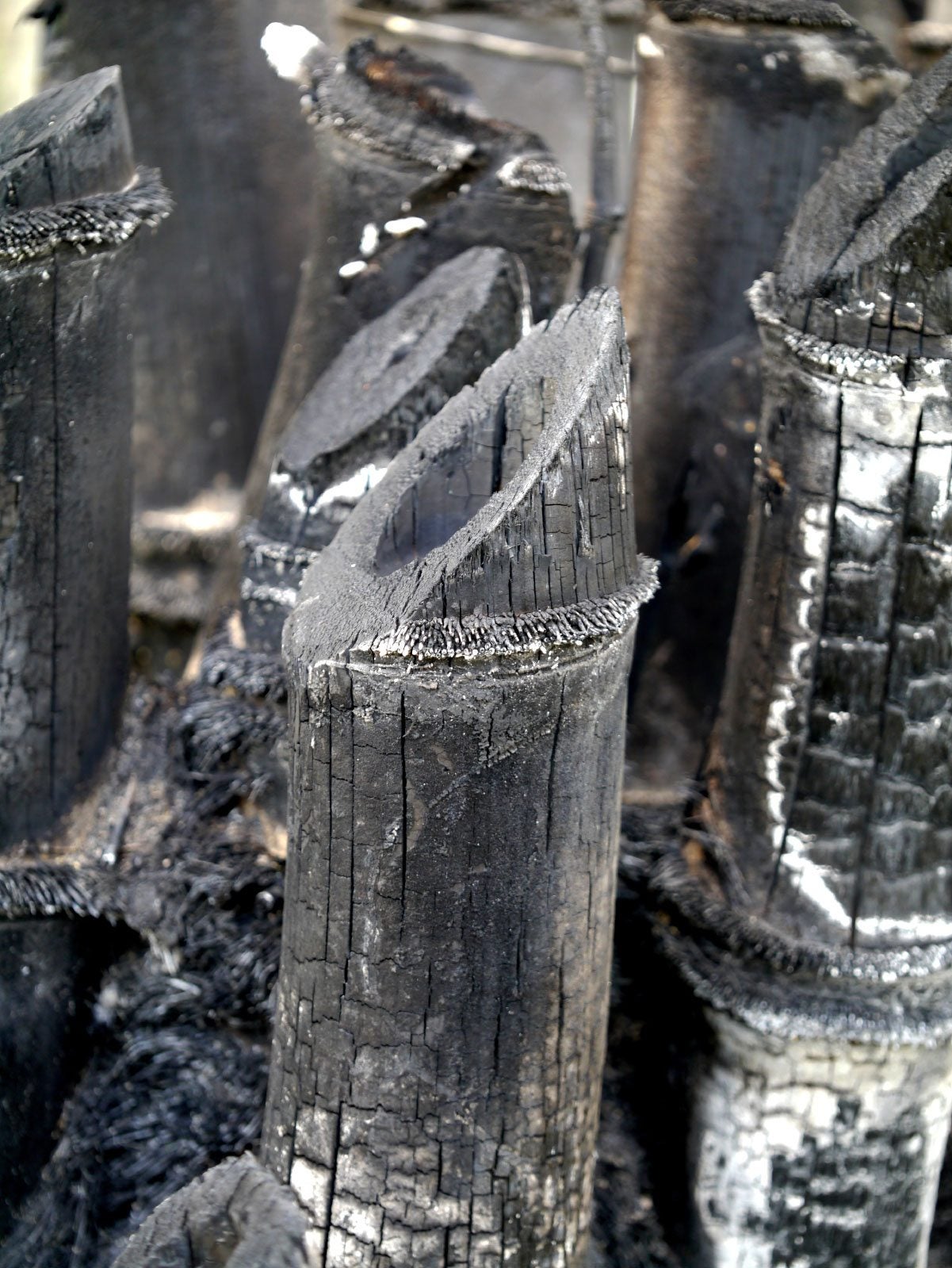What Is Biochar: Information On Biochar Use In Gardens


Biochar is a unique environmental approach to fertilizing. Primary biochar benefits are its potential to combat climate change by removing harmful carbon from the atmosphere. Creation of biochar also produces gas and oil byproducts that provide clean, renewable fuel. So what is biochar? Read on to learn more.
What is Biochar?
Biochar is a type of fine-grained charcoal created by burning wood and agricultural byproducts slowly, at low temperatures, with a reduced oxygen supply. Although biochar is a new term, use of the substance in gardens is not a new concept. In fact, researchers believe that early residents of the Amazon rainforest enhanced soil productivity by using biochar, which they produced by burning agricultural waste slowly in trenches or pits. Long ago it was commonplace for farmers of the Amazon jungle to successfully grow tree fruits, corn, and cassava melons in soil enriched by a combination of mulch, compost, and biochar. Today, biochar is especially valuable in areas with inadequate water supplies and severely depleted soil.
Biochar Use in Gardens
Biochar as a soil amendment enhances plant growth and reduces need for water and fertilizer. This is because more moisture and nutrients remain in the soil and don't leach into the groundwater. Scientists believe that soil improved by biochar is more efficient, retaining critical nutrients such as magnesium, calcium, phosphorus, and nitrogen. Additionally, nutrients present in the soil are more available to plants, making good soil even better. You can create biochar in your own garden by burning brush, wood shavings, dry weeds, and other garden debris in a trench. Light a hot fire so the oxygen supply is quickly reduced, and then let the fire burn down. Initially, the smoke from the fire should be white as water vapor is released, gradually turning yellow as resins and other materials are burned. When the smoke is thin and grayish blue in color, cover the burning material with about an inch (2.5 cm.) of excavated garden soil. Allow the material to smolder until it creates chunks of charcoal, then extinguish the remaining fire with water. To use biochar fertilizer, dig the chunks into your soil or mix them into your compost pile. Although charcoal briquettes from a barbecue may seem like a good source of biochar, the charcoal usually includes solvents and paraffin that may be harmful in the garden.
Gardening tips, videos, info and more delivered right to your inbox!
Sign up for the Gardening Know How newsletter today and receive a free copy of our e-book "How to Grow Delicious Tomatoes".

A Credentialed Garden Writer, Mary H. Dyer was with Gardening Know How in the very beginning, publishing articles as early as 2007.